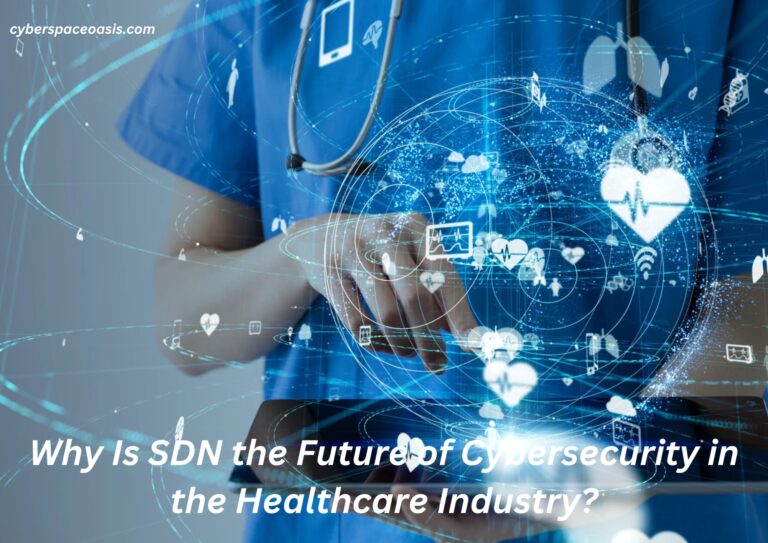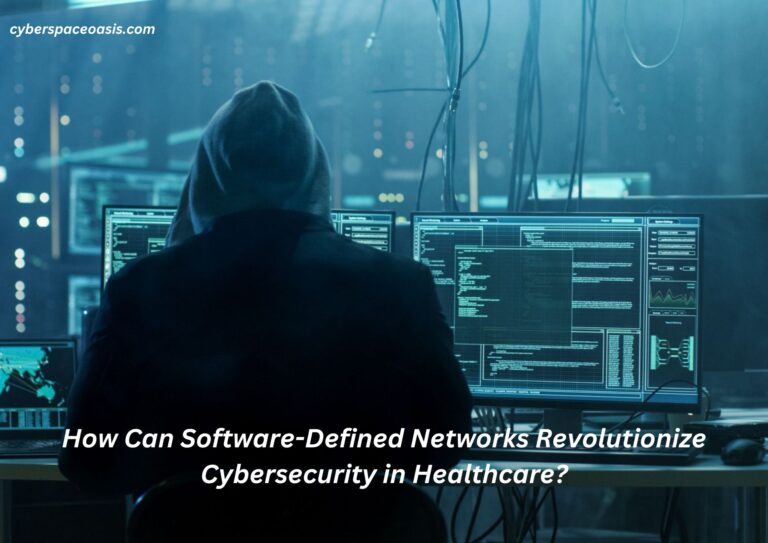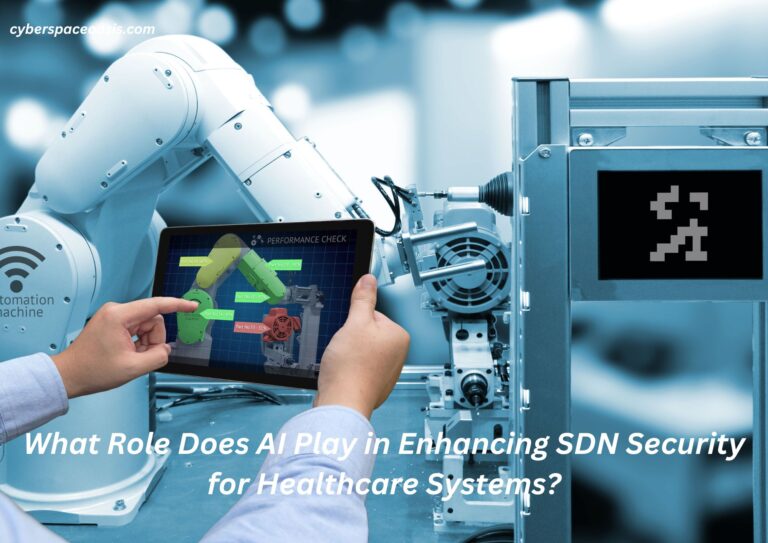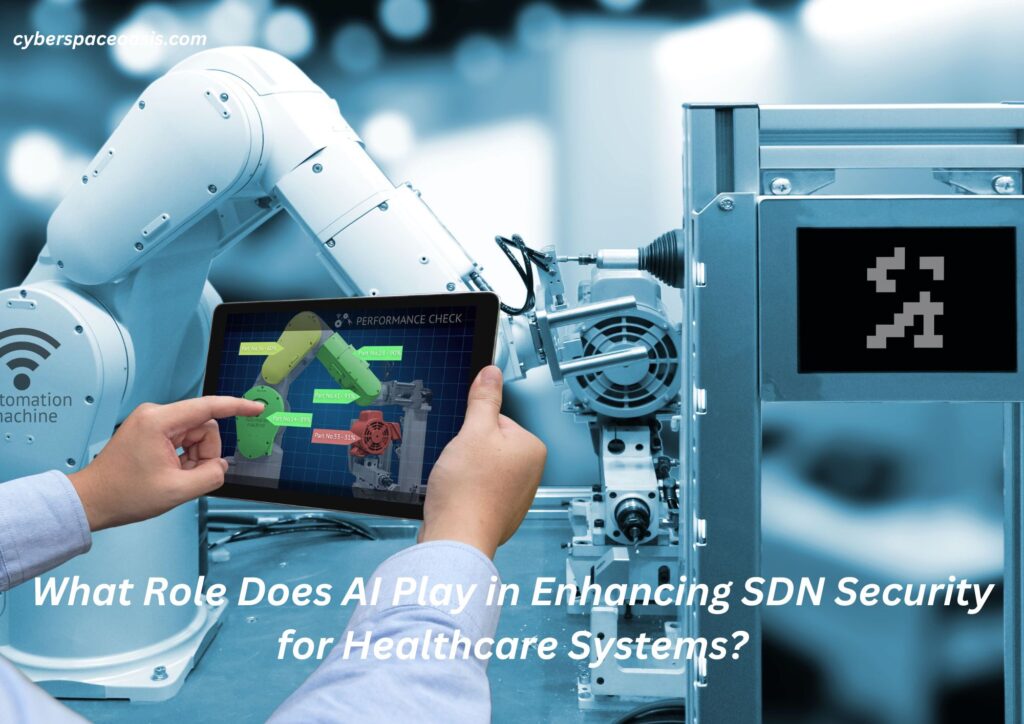
In nowadays’s digital age, healthcare systems are an increasing number of reliant on sophisticated networks to control affected person statistics, allow telemedicine, and streamline medical workflows.
Among the technologies redefining this domain is Software-Defined Networking (SDN), a paradigm that permits centralized control and dynamic control of networks.
However, as healthcare structures adopt SDN to beautify scalability and flexibility, they face heightened cybersecurity demanding situations.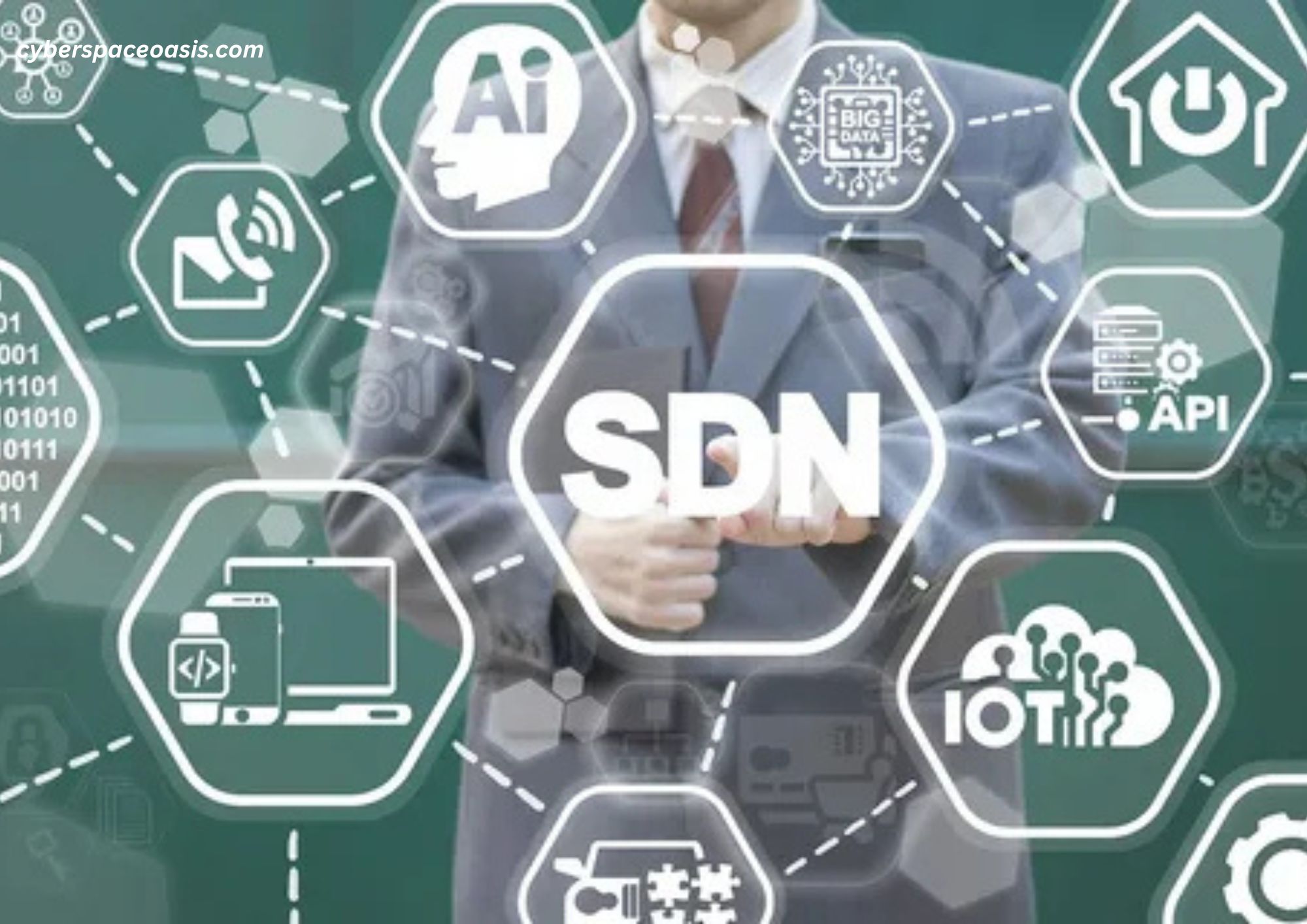
This is wherein Artificial Intelligence (AI) emerges as a transformative force, revolutionizing the safety panorama of SDN for healthcare.
Understanding SDN in Healthcare Systems
Software-Defined Networking separates the control plane (choice-making true judgment) from the facts plane (website online visitors forwarding).
This decoupling permits community directors to govern complex networks dynamically via a centralized controller. In healthcare, SDN gives numerous advantages:
- Efficient Resource Allocation: Optimizes bandwidth for packages like telemedicine and a long way flung surgical procedures.
- Enhanced Scalability: Supports the aggregate of IoT gadgets and wearables.
- Centralized Management: Simplifies tracking and updates at some point of severa systems.
Despite those benefits, the crucial nature of healthcare records makes SDN a excessive goal for cyberattacks.
Threats which encompass Distributed Denial of Service (DDoS) attacks, unauthorized get entry to, and advanced chronic threats (APTs) require sturdy and adaptive security measures.
This is wherein AI steps in.
AI’s Role in Enhancing SDN Security
AI introduces a proactive and sensible technique to securing SDN environments.
Its capability to analyze huge datasets, find anomalies, and are awaiting threats in actual time affords unmatched talents for healthcare structures.
Let’s discover some of the important thing contributions of AI to SDN safety:
1. Real-Time Threat Detection
AI-powered structures leverage device mastering (ML) algorithms to investigate community web page traffic patterns continuously. In healthcare, wherein uninterrupted provider is crucial, AI can:
Detect anomalies together with uncommon website traffic spikes indicative of a DDoS assault.
Identify unauthorized get admission to tries to touchy patient information.
For example, deep gaining knowledge of models can technique loads of heaps of information factors to apprehend subtle deviations that human analysts would possibly forget about.
2. Automated Incident Response
Healthcare systems frequently war with delayed responses to cyber threats, important to capacity records breaches. AI allows automated responses through using:
Deploying dynamic protection tips through SDN controllers to isolate affected nodes.
Blocking suspicious IPs or rerouting visitors in the course of an ongoing assault.
This reduces the reaction time from minutes to milliseconds, minimizing harm.
3. Predictive Analytics and Threat Intelligence
AI can assume capacity vulnerabilities via studying ancient attack data and contemporary chance inclinations. In SDN, this capability translates to:
Proactive patching of inclined devices in the community.
Identifying prone factors in web page site visitors waft configurations before an assault occurs.
For instance, reinforcement studying algorithms can optimize firewall policies and routing pointers to live in advance of evolving threats.
4. Adaptive Security Policies
The healthcare environment is dynamic, with IoT gadgets, Electronic Health Record (EHR) structures, and cloud services continuously speaking. AI complements protection by way of:
Creating context-aware protection tips that adapt to changing community conditions.
Continuously high-quality-tuning get access to govern measures for associated devices.
This adaptability guarantees constant protection with out compromising community performance.
5. Enhanced Data Privacy Compliance
Healthcare systems feature below stringent regulations like HIPAA and GDPR, which mandate strict statistics privateness measures. AI aids compliance via:
Monitoring information flows to ensure encryption requirements are met.
Detecting and reporting unauthorized facts get admission to or transfers.
Challenges and Future Directions
While AI offers immense capability, its integration into SDN safety for healthcare structures isn’t without demanding situations. These consist of:
- Data Privacy Concerns: AI structures require get admission to to touchy records for training, raising privacy implications.
- High Implementation Costs: Deploying AI-pushed protection answers may be aid-extensive.
- Adversarial Attacks: Hackers may moreover take benefit of AI fashions thru adverse inputs, necessitating sturdy safeguards.
Despite those stressful situations, the synergy of AI and SDN continues to evolve. Advances in federated mastering, explainable AI, and area computing are poised to in addition enhance SDN protection for healthcare.
Conclusion
AI is a sport-changer inside the realm of SDN safety, supplying healthcare structures the gear to fight state-of-the-art cyber threats effectively.
By allowing real-time hazard detection, predictive analytics, and automated responses, AI not only fortifies network defenses but moreover guarantees the uninterrupted delivery of vital healthcare offerings.
As AI and SDN technologies mature, their integration promises a extra secure and resilient virtual healthcare infrastructure, safeguarding affected person facts and fostering innovation.

